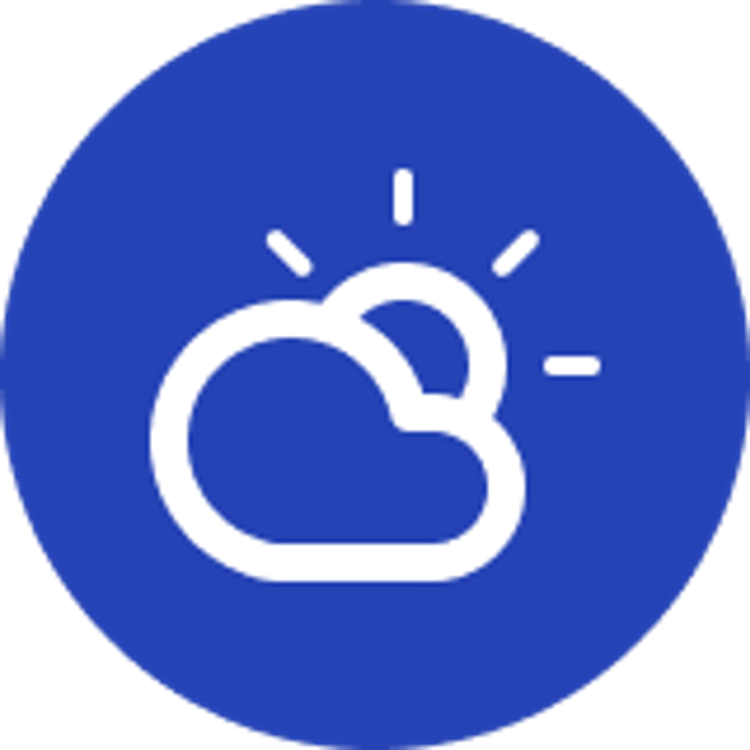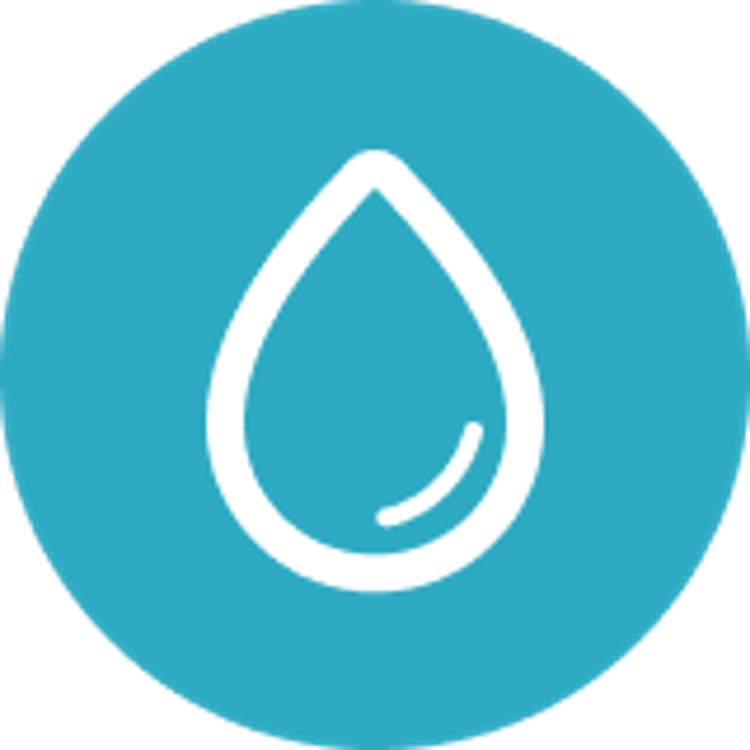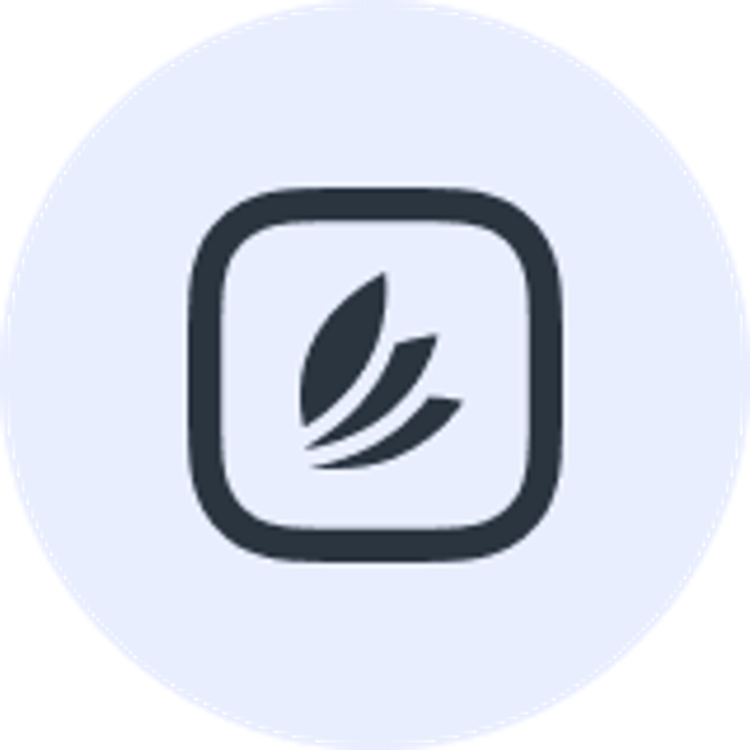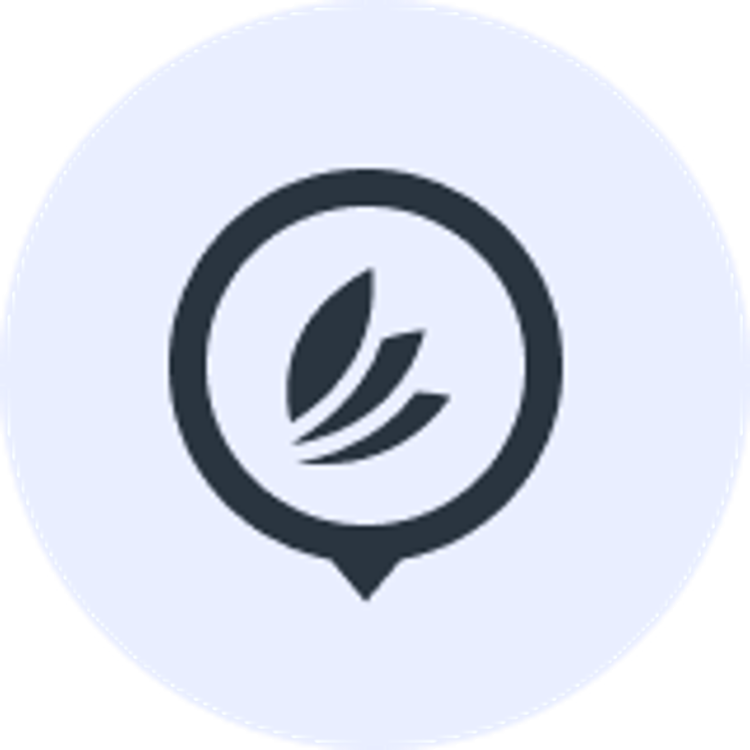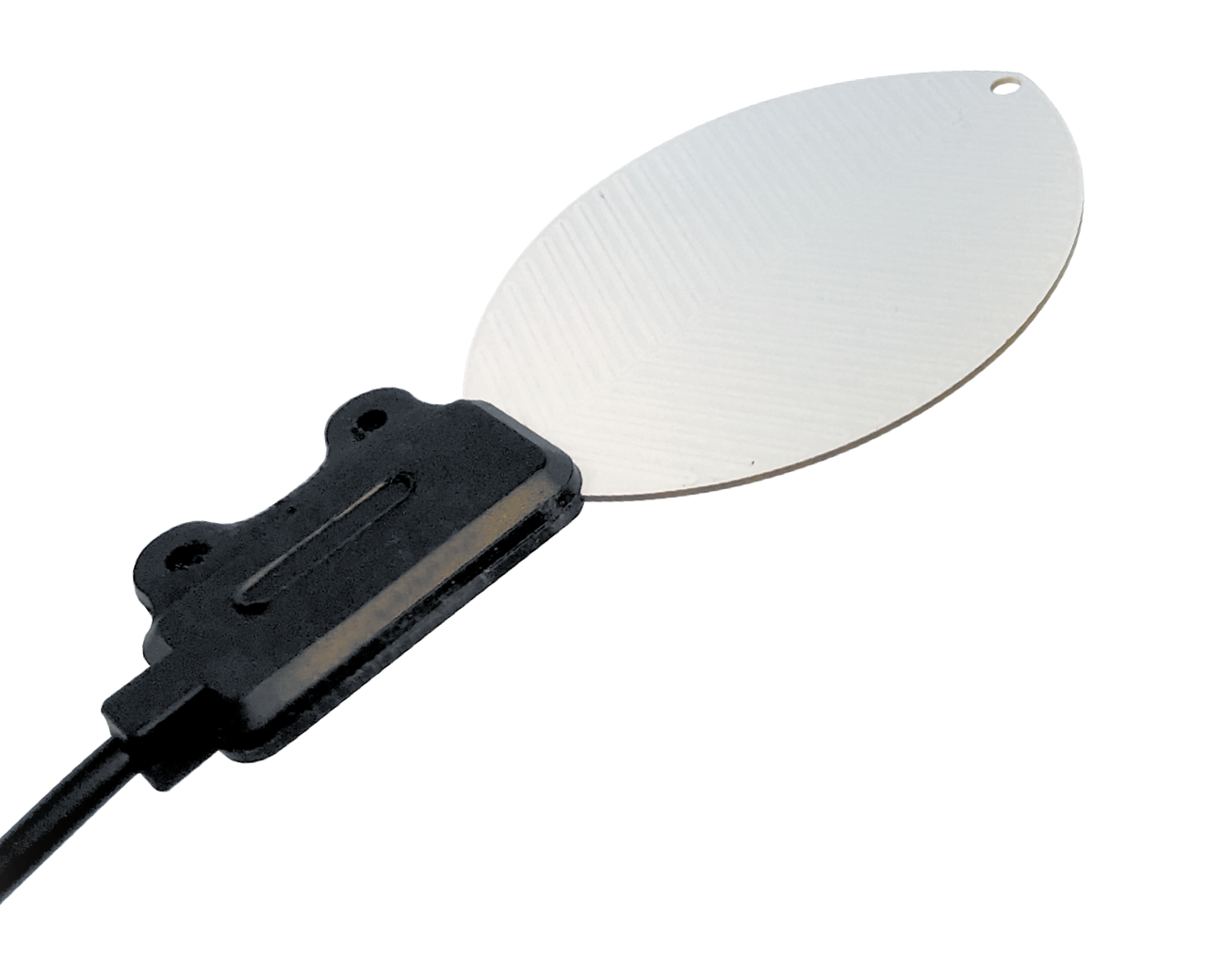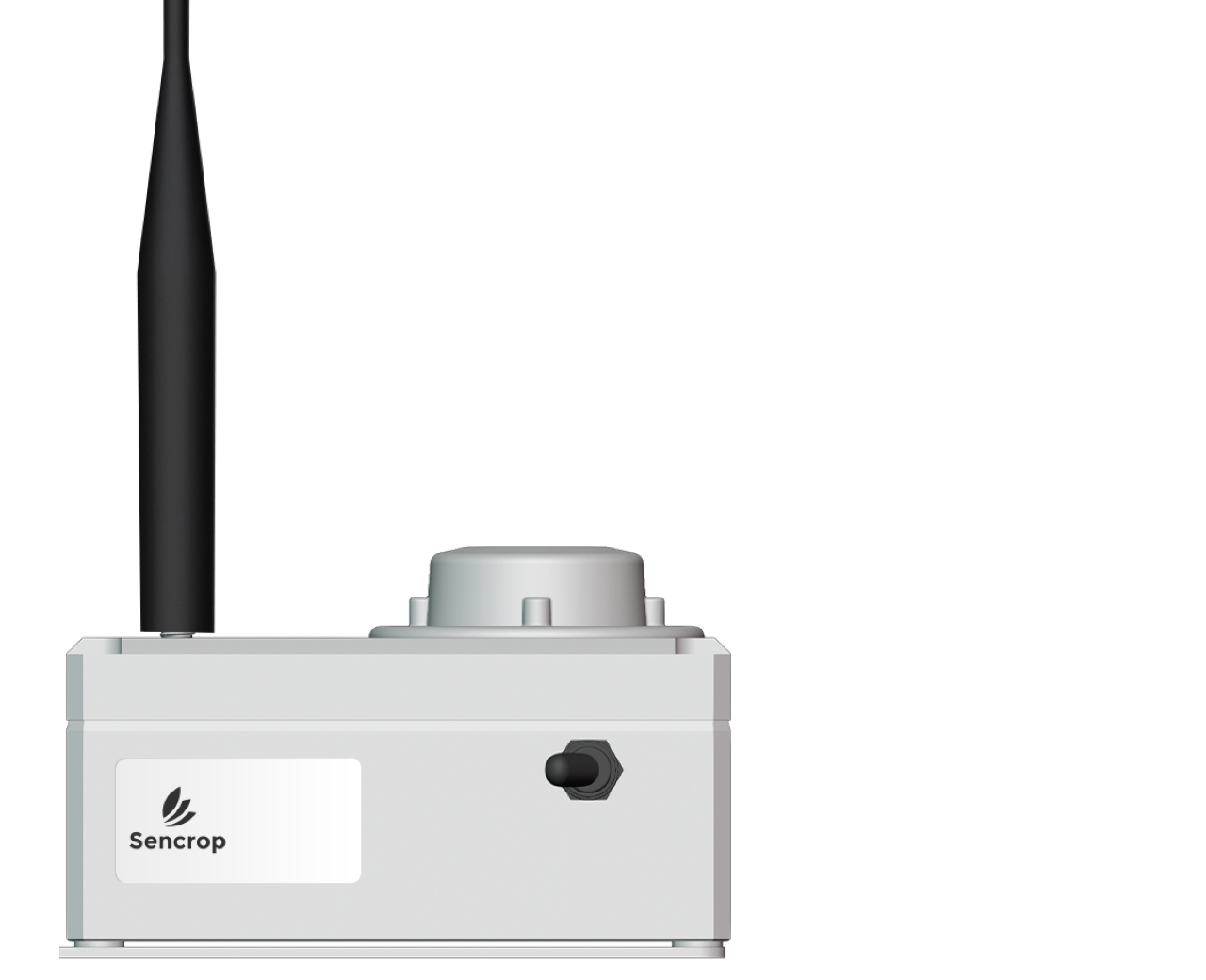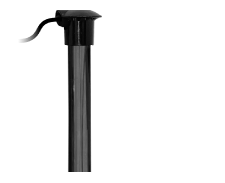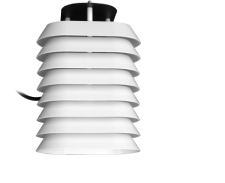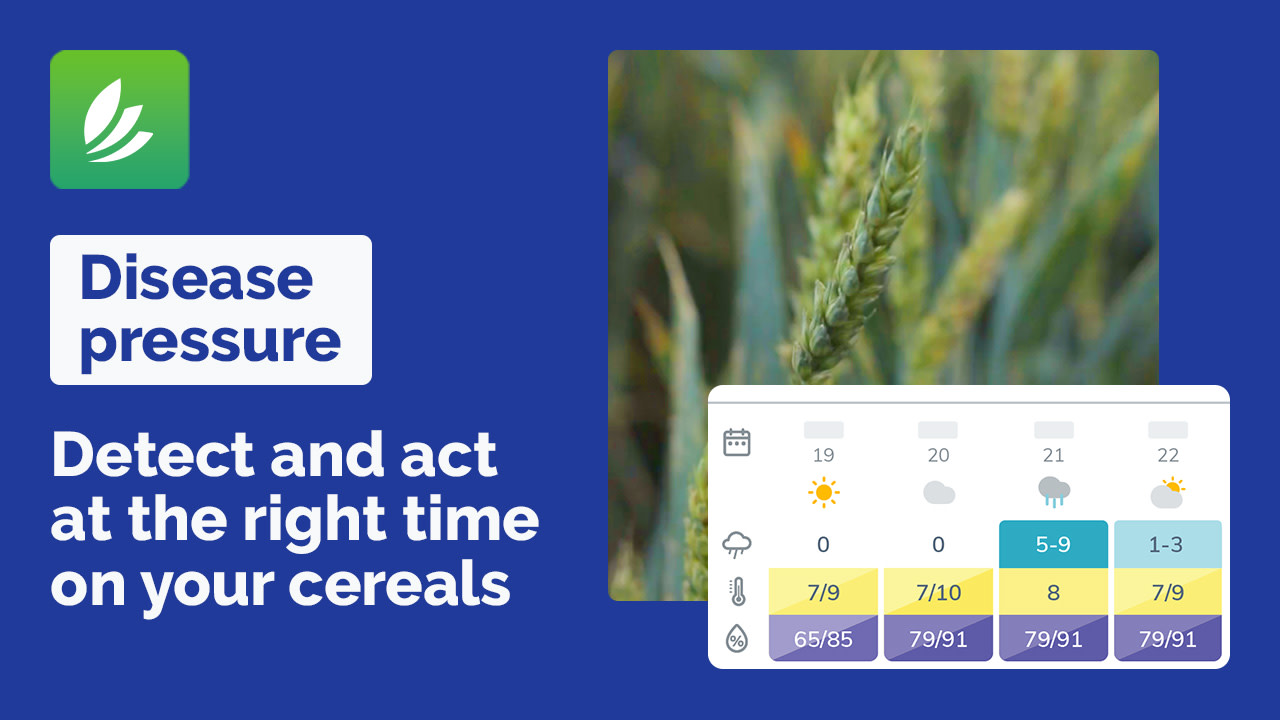Detecting the arrival of pest and disease
Anticipate the development of diseases or the arrival of pests thanks to your weather reports and the application, helping to optimise your treatments.
Warrant your inputs
Organise your treatment sessions
Benefit from advice according to your crop
Maximise your yields
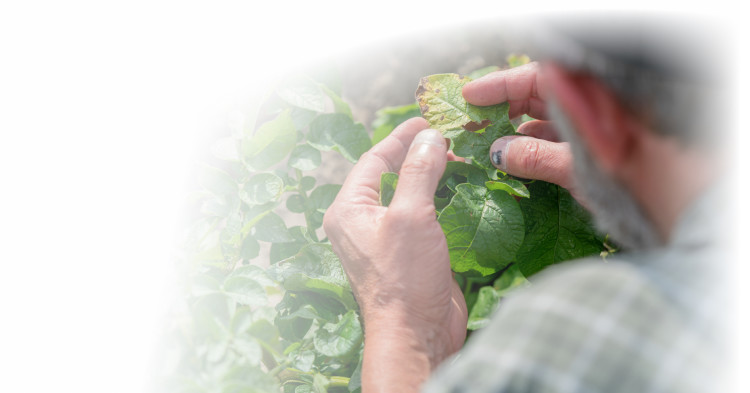
APP FEATURES
How to monitor the development of diseases and pests?
Each crop is subject to specific risks of diseases or pests (downy mildew, codling moth, scab, powdery mildew...), yet the development of these risks is largely linked to weather conditions. Sencrop offers you precise weather data monitoring from your plots. The data is transmitted to the application, so that you can use the information to protect your crops in the best possible way.
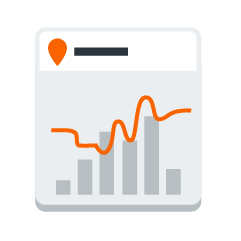
Decision Support Tool (DST)
Link your weather data to your DST's for disease and pest management (Movida, Avizio, Xarvio, etc.). Benefit from personalised monitoring, according to your readings.
Learn more about DST
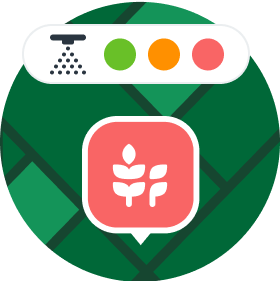
Spraying windows
Optimise the effectiveness of your treatments: identify the optimum conditions for protecting your crops, at the right time. The recommendations are tailored to your type of product and your local forecasts.
Find out more about treatment windows

Treatment alerts
Be warned when your crops are once again subject to risks. Choose the pre-set treatment alert, or customise the parameters based on the weather data collected by your stations. You will be notified by SMS, email or phone call.

History and data export
Simply download your past weather data to anticipate accumulations, make comparative analyses, campaign assessments, or support your agronomic decisions. Maximise your yields now.
Weather stations to anticipate pest and disease
To accurately anticipate the development of diseases and pests and organise your treatments at the best time, you will need more or less complete data depending on your type of crop. The application will be your faithful ally in retrieving this data live and processing it in the best way.

Raincrop
The basic weather station
![]() Rainfall
Rainfall
![]() Temperature
Temperature
![]() Humidity
Humidity
![]() Dew point
Dew point

Windcrop
The anemometer to organise your treatments
![]() Wind speed in km/h
Wind speed in km/h
![]() Wind direction
Wind direction
![]() Gust
Gust

Sencrop app
3 subscription options
✓ Weather Standard : data from your stations ✓ Météo Pro : the most reliable weather experience ✓ Ag-Option : Irrigation With or without your own weather station
DST FOCUS
Crop risk models
DSTs are algorithms developed by technical institutes to model the risks to your crop. They make it easy to integrate multiple data sets and produce risk indicators, thus enabling you to make informed decisions.
By integrating your local Sencrop weather data into these models, You gain insights from indicators customised to your specific field circumstances
💡Mileos and Décitrait are directly integrated into the Sencrop application.
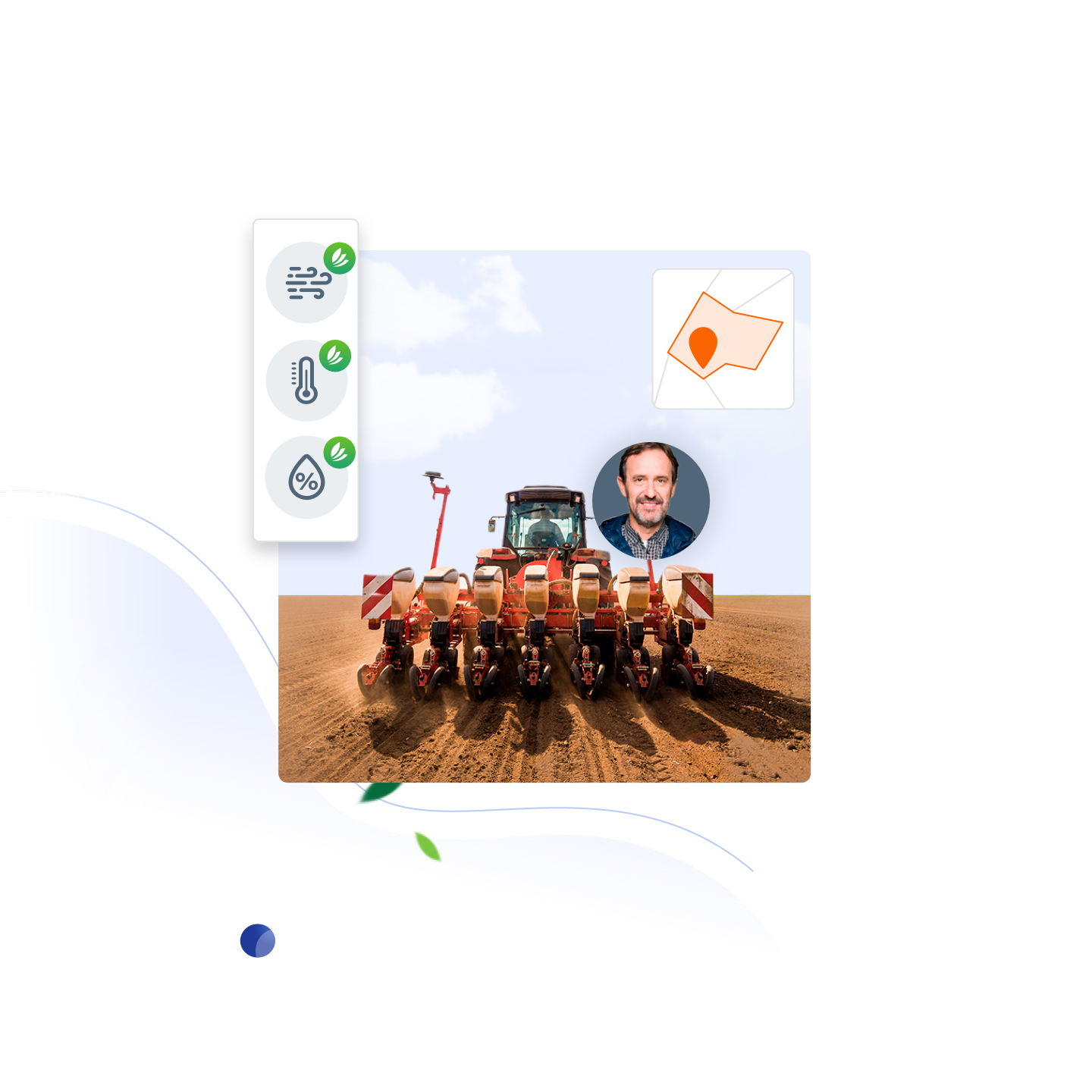
FOCUS ON SPRAYING WINDOWS
Treat at the best time
The spraying window module is included in the Weather Pro plan. Utilise it to monitor the ideal conditions for applying treatments based on product type, with forecasts available up to four days in advance.
🔴 Poor conditions. At least one of the weather criteria is bad: it is best to wait for conditions to improve.
🟠 Non-optimal conditions. In an emergency, you can intervene, but it would be wiser to wait for better conditions.
🟢 Good conditions. The weather conditions are ideal for taking action. The longer the period of optimal conditions, the more reliable the advice.

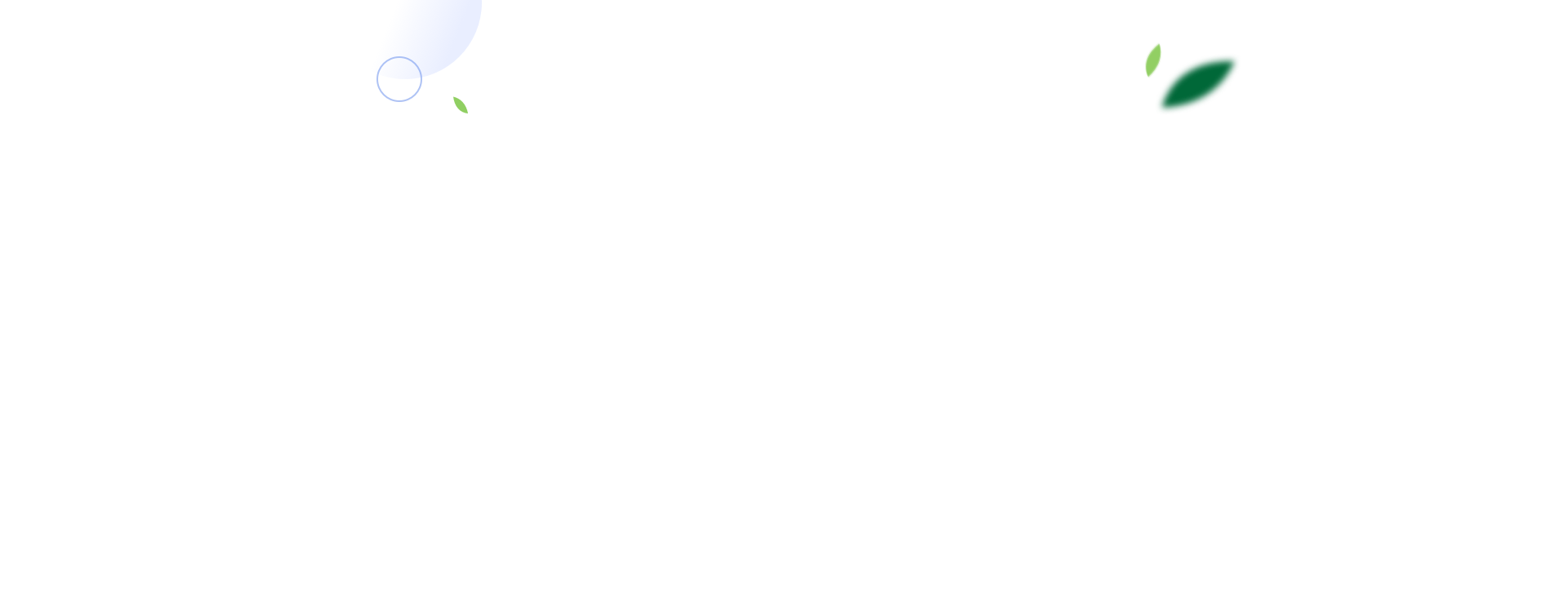
Diseases and pests that Sencrop allows me to anticipate

Potato blight
Development conditions: temperature between 3°c and 26°C (optimum at 21°C), hygrometry > 87% and dense vegetation.
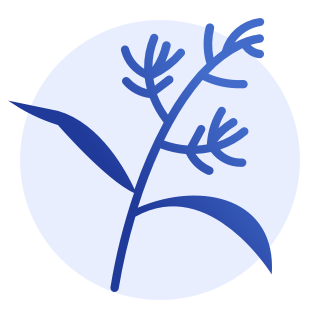
Weeds
Weather conditions for weeding: light frost, temperatures < 10°C during the day, no rain and favourable hygrometry.

Powdery mildew
Development conditions: Oïdium develops rapidly when temperatures are > 12°C (optimum around 25°C) and when relative humidity is between 40 and 100%.

Downy mildew of grapevine
Development conditions: primary infection is favourable if it has rained, with temperatures > 11°C (optimum around 24°C) and more than one hour of wetting.
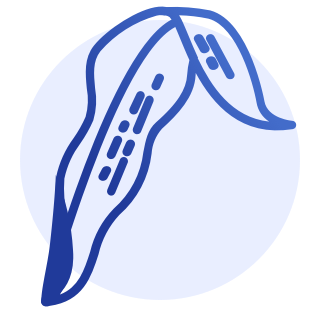
Yellow & Brown Rust
Development conditions: spores germinate in the presence of free water on the leaves when temperatures are between 15° and 25°C for brown rust, with an optimum of 11°C for yellow rust.

Alternaria
Development conditions: Alternating dry and wet periods accelerate spore growth (peak when temperatures are between 18° and 25°).
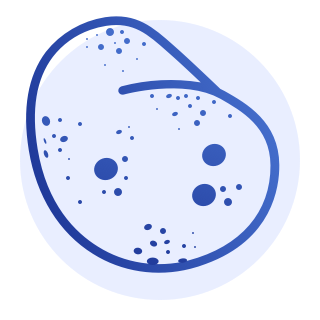
Rhizoctonia
Development conditions: Wet conditions favour the development of the disease.
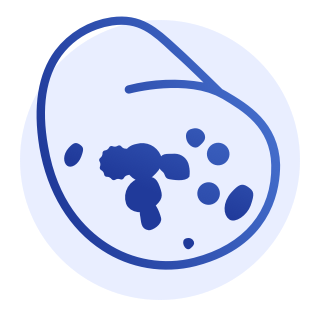
Dartrose
Development conditions: The optimum temperature for development is around 22°C. But the disease continues to develop during storage. Temperatures around 5°C slow down its development but do not stop it.
Read more
Learn more about crop risks
On our blog, find numerous news articles on agricultural weather, ag-tech, and Sencrop innovations to enlighten you and help you make better decisions on a daily basis.
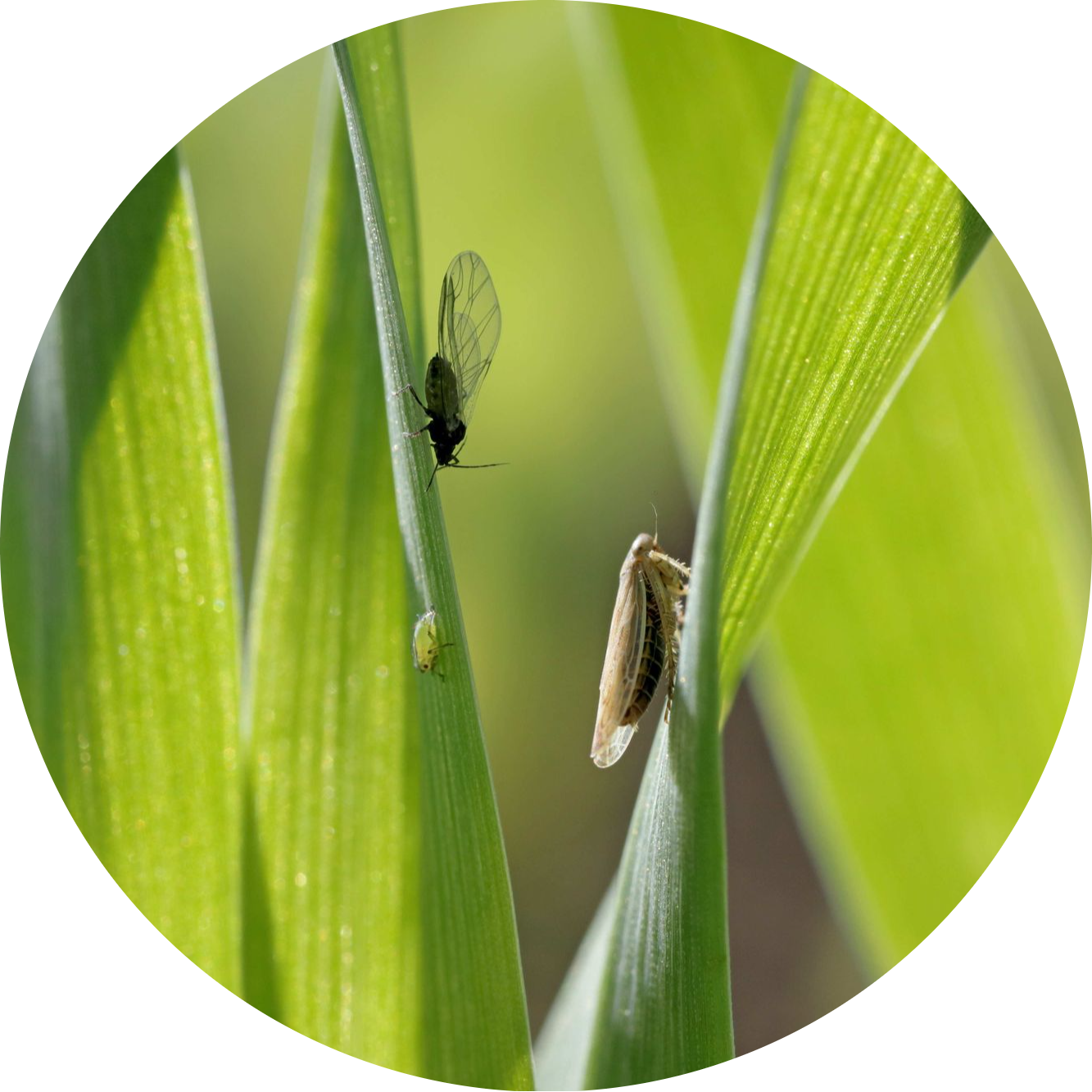
Anticipate and deal with autumn pest risks
Autumn can present major pest risks such as aphids, leafhoppers and slugs. What weather conditions favour their development?
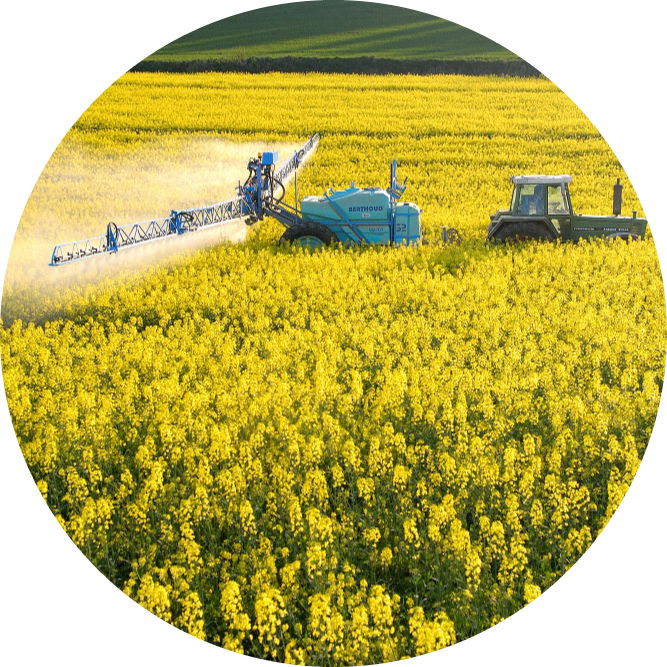
Dispersion of plant protection products and its impacts
Spraying in unfavourable weather conditions increases the risk of dispersion of phytosanitary products and reduces the effectiveness of the treatment.
Want to know more? Get in touch!
Our teams will answer you from Monday to Friday from 9am to 6pm or on +44 7723 580941.

